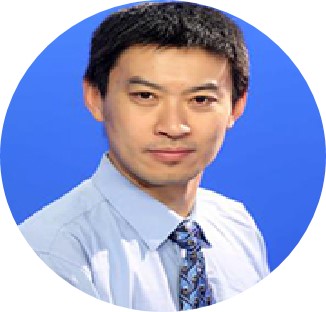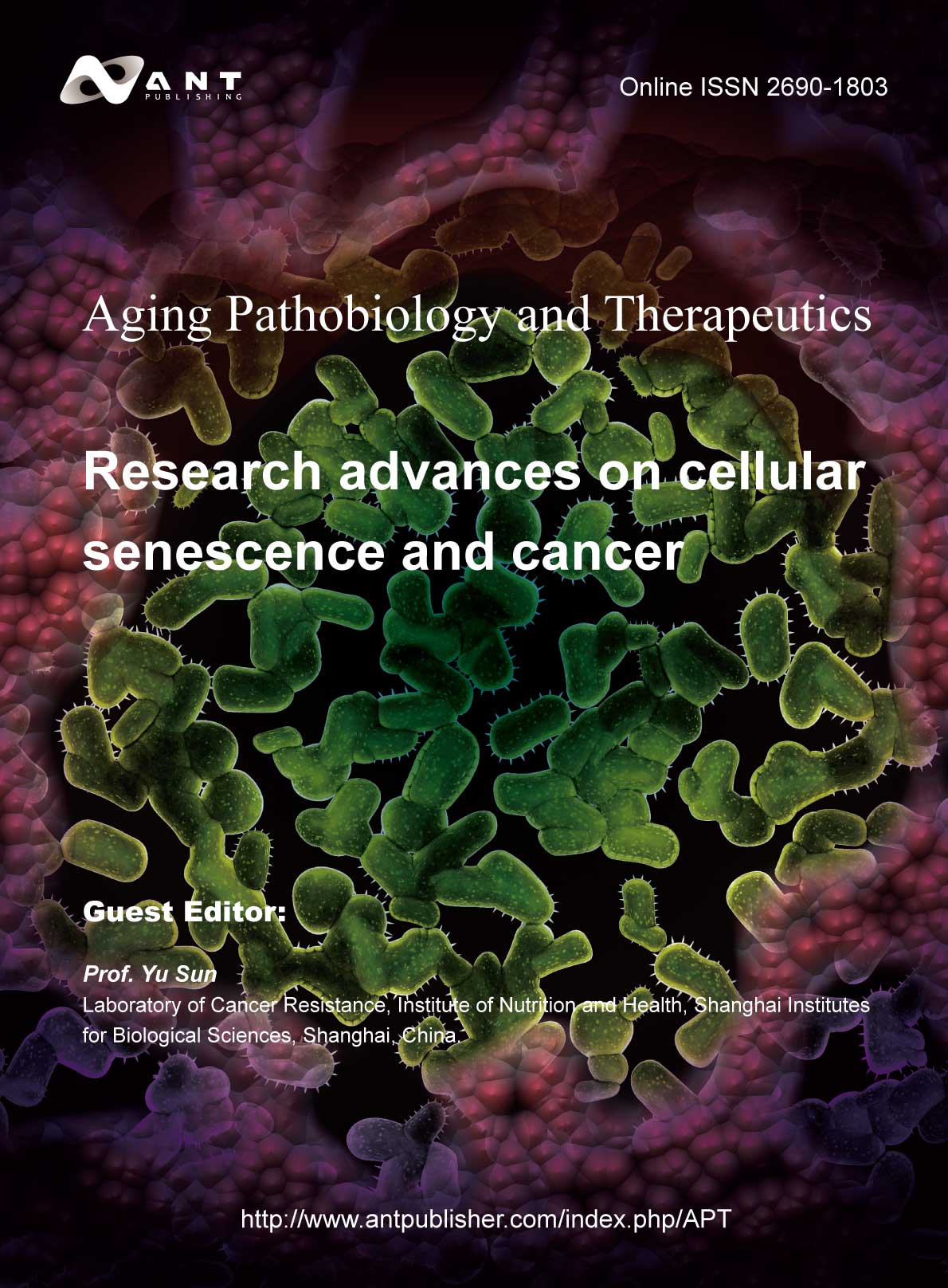Posted On 2022-08-04
 |
Guest Editor: Prof. Yu SunLaboratory of Cancer Resistance, Institute of Nutrition and Health, Shanghai Institutes for Biological Sciences, Shanghai, China.Email: sunyu@sibs.ac.cnWebsite: http://english.sinh.cas.cn/people/fs/201809/t20180920_197696.html |
 |
Dear Colleagues,
Senescence refers to a cellular state featuring a stable and usually irreversible cell cycle arrest in response to inherent stresses or exogenous insults. Senescent cells often exhibit a number of distinct morphological and intracellular modifications including changes in gene expression profile, epigenetic alterations, macromolecular damage, metabolic dysregulation and a senescence-associated secretory phenotype (SASP), which is pro-inflammatory and can mediate diverse pathological effects in vivo. The initial demonstration of oncogene-induced senescence established senescence as an essential tumor-suppressive mechanism, sharing a similar, although somehow different function with the other form of cell fate, apoptosis. Senescence not only blocks the expansion of premalignant cells, but triggers the clearance of affected cells via immunosurveillance. Failure to eliminate senescent cells in a setting of deficient immunosurveillance may, however, result in a state of chronic inflammation, which shapes pro-tumorigenic microenvironments favoring cancer initiation, migration, metastasis and even drug resistance. Of note, both pro-senescence and anti-senescence approaches can be desirable depending on the therapeutic requirement. Pro-senescence therapies are useful for cancer treatment, tissue repair and wound healing, whereas anti-senescence regimens help alleviate the burden of senescent cells associated with cancer progression and other pathological lesions such as fibrotic scars that accumulate during aging or chronic damage. Together, it is necessary to update insights into cellular senescence and cancer in the current era of global aging and age-related diseases, among which cancer has been the leading cause of human mortality since years ago.
Dr. Yu Sun
Guest Editor
Manuscript Submission Information
Manuscripts should be submitted online at www.antpublisher.com through the online submission system. Once you are registered, click here to go to the submission form. Manuscripts can be submitted until the deadline. All papers will be peer-reviewed. Accepted papers will be published continuously in the journal (as soon as accepted) and will be listed together on the special issue website. Research articles, Review articles as well as Therapeutic Brief are invited. For planned papers, a title and short abstract (about 100 words) can be sent to the Editorial Office for announcement on this website.
Submitted manuscripts should not have been published previously, nor be under consideration for publication elsewhere (except conference proceedings papers). All manuscripts are thoroughly refereed through a single-blind peer-review process. A guide for authors and other relevant information for submission of manuscripts is available on the Instructions for Authors page. APT is an international peer-reviewed open access quarterly journal published by ANT.
Please visit the Instructions for Authors page before submitting a manuscript. Considering limited grants for some researchers, Dr. Yu Sun and the editorial office made the decision that Article Processing Charges will be fully exempted, which means that there is NOT any manuscript processing or publication fees for your article once accepted after standard peer-review.
Submission Deadline
December 31th, 2024
Potential topics that are encouraged
· Common pathogenetic mechanisms underlying senescence and cancer
· Cellular senescence, anticancer, aging and longevity
· Spontaneous and drug-induced senescence of cancer cells
· Cellular senescence-inducing agents for cancer treatment
· Immunosenescence in cancer development
· Incorporation of senolytic drugs in anticancer therapies
· Development of senescence detection tools and surveillance strategies
Participants
Yan Yang, Experimental Medicine Center of Tongji Hospital, Tongji Medical College, Huazhong University of Science and Technology, Wuhan, China.
Yujiro Hayashi, Gastroenterology Research Unit, Mayo Clinic College of Medicine, Rochester, Minnesota, USA.
Yanlan Liu, Hunan University, Changsha, China.
Matthew Regulski, Ocean County Foot and Ankle Surgical Associates, Manahawkin, NJ, USA.
Han Li, Institut Pasteur, Paris, France.
Contacts
Alan Zhou, Assistant Editor, apt_alanzhou@antpublisher.com
Updated on August 04, 2022
Table of Contents
Research Article
|
Yuqi Xie, Jili Li, Pingyu Wu, Linlin Wang, Donghui Hong, Jian Wang, Yanlan Liu
Received: Saturday, April 29, 2023 Published: Wednesday, June 28, 2023
|